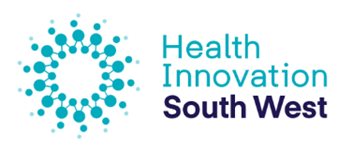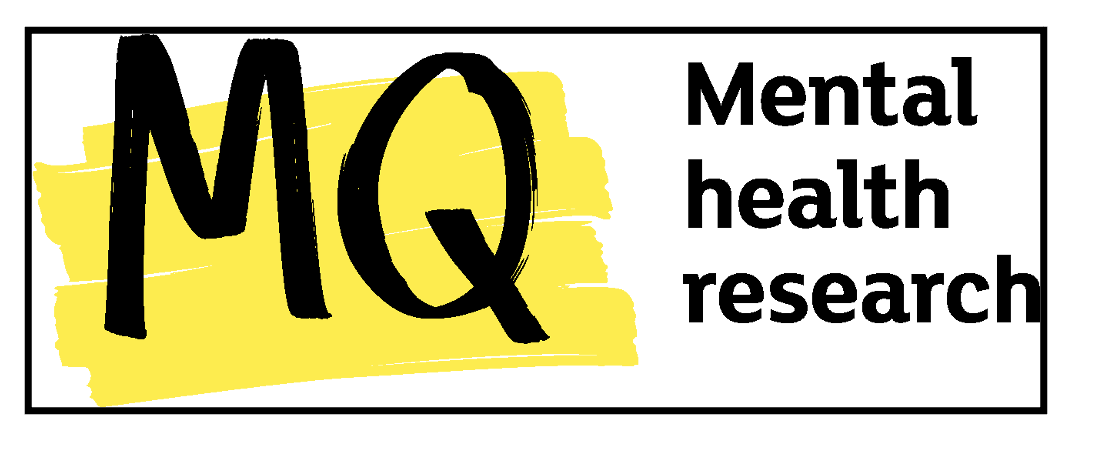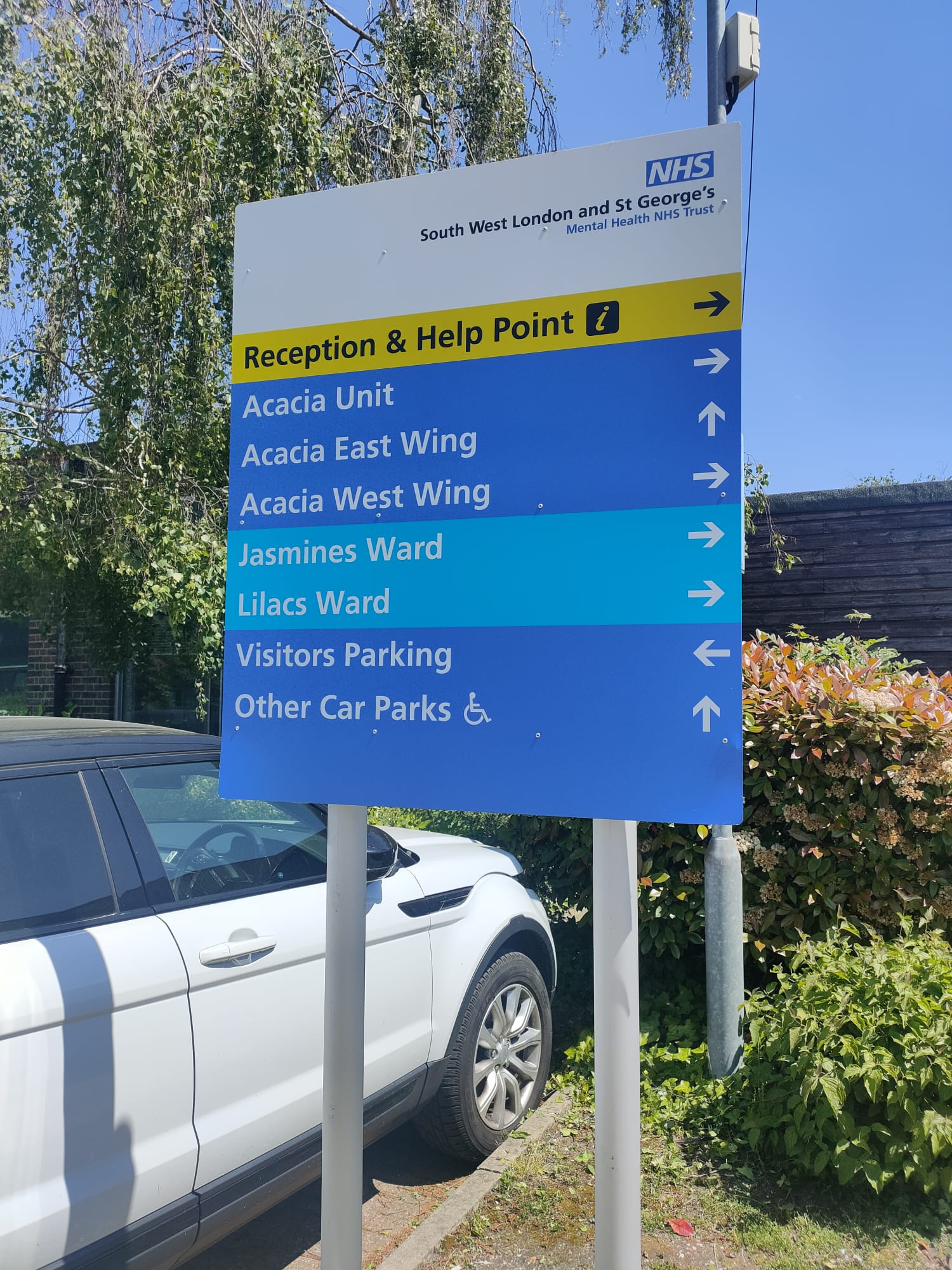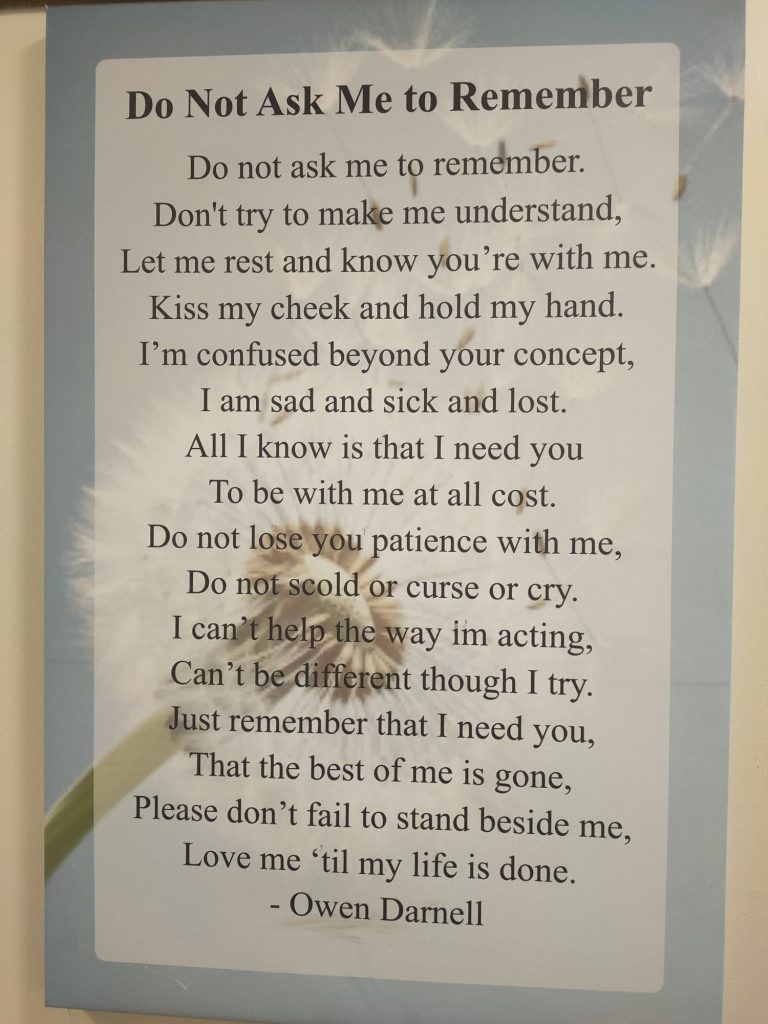Forensic mental health units (sometimes referred to as secure units) provide a vital service in caring for people with severe mental health conditions who may be a risk to the safety of themselves or others.
Reducing the use of restrictive practices (such as inappropriate physical restraint or rapid tranquilisation) in these units poses a unique set of challenges. In this blog, we hear from HIN Project Manager Ayobola Chike-Michael, Expert by Experience, Igoche Ikwue and Ward Manager Toheeb Bawala about how a recent visit to a forensic ward provided proof that impactful interventions can still be implemented successfully in the face of significant operational pressures.
This is the latest in a series of reflective blogs about the Health Innovation Network’s involvement in local efforts to reduce restrictive practice based on the findings of a successful pilot led by the National Collaborating Centre for Mental Health. Find links to all our blogs here.
Ayo
An integral part of our reducing restrictive practice programme is to visit participating mental health wards to build relationships and support systematic quality improvement. We have worked with ten wards across our region to enable shared learning, suggesting and supporting change ideas through codesign and coproduction with experts by experience and insights related to health inequalities.
One of the wards we have visited is Ruby Ward – a 10 bedded, female forensic ward. Although Ruby Ward was not the first mental health ward we have visited, visiting a forensic ward was a unique experience which offered valuable insights into the world of forensic mental health and challenges faced by both staff and service users.
As expected, there was a high level of security at the ward. This meant we passed through several checkpoints and adhered to strict rules before being allowed access to the unit. The ward itself was clean, well-maintained and staffed by a team of dedicated healthcare professionals led by Toheeb Bawala, the ward manager.
Delivering high-quality person-centred care on forensic wards is inherently more complex and potentially more challenging than other inpatient settings, and the Ruby Ward team also have to contend with limited physical space (although we were pleased to hear that the ward is moving to a more spacious location) and the current workforce pressures affecting mental health staffing levels. Although many mental health services are experiencing problems with recruitment and retention of staff, forensic units face particular challenges due to the high staff-to-service user ratio required to safely deliver this type of specialist care.
Despite these difficulties, we immediately noticed that the staff demonstrated a deep understanding of the unique needs and challenges faced by service users and they were committed to providing the best possible care and support.
We also discussed positive interventions that had worked to reduce restrictive practice in their environment. The ward manager Toheeb talked us through their collaborative daily planning exercises with service users; a simple but highly effective technique which they had found reduced conflict and created a calmer environment for everyone on the ward. Daily, staff engaged with all patients after their breakfast to co-plan their day. This helped staff with planning and gave service users a voice to express their own preferences.
Although the intervention itself was straightforward, coming to these arrangements needed flexibility on the part of staff to move away from previous protocols (such as more rigid weekly activity planning), working with service users to listen and adapt the approach taken to their care.
I was grateful to the staff for allowing us to visit at a time when pressures were so high, for showing us that a quality improvement philosophy can still make a difference to outcomes even when teams are exceptionally busy. It also served as a reminder to me of why support from the rest of the system for frontline teams is so important – sharing learnings and helping to catalyse service development.
Igoche
My reflections as an expert by experience remain fresh in my mind every day. I keep thinking about the best ways to improve mental health services in a more compassionate and humane way, while also ensuring safety.
My visit to Ruby Ward felt like diving into the unknown, and from the moment I began the series of security checks to enter, I knew it was different to anywhere we had visited as part of our project so far.
I believe that walking into such an environment and interacting with members of staff must be done in a person-centred way. My thought process focused on showing more compassion and kindness through communication to demonstrate that we are truly there to support, listen and learn.
One of the things that struck me was the physical space. We know that having the right physical environment is important for service user recovery and reduces the need for restrictive practice. Well-designed spaces can reduce stress and anxiety, promote social interaction and support a sense of normalcy and autonomy. They can also support the efforts of staff, for example designing clear sight lines throughout the unit so that service users can be monitored and situations can be identified early and de-escalated before restrictive practice becomes the only option.
Ruby Ward’s current setting included some recreational spaces and a gym, but it also had features that were less than optimal, such as a lack of natural light in some areas. The overall footprint of the unit is fairly small, meaning that personal space for service users could feel limited.
It was great to hear from Toheeb that the Ward will be moving to a more well-suited location. I am sure that this new space will make a real difference to service users and staff, and I think it is important to reflect on the commitment that it has taken to make this happen. Some interventions can be straightforward to implement – such as the daily planning exercises Ayo has discussed – but others may take months or even years of work to bring to fruition. It is important that we provide the practical support and knowledge required to help teams make changes of all sizes which can improve care.
My main takeaway from visiting the ward was that quality improvement support needs to be offered in a way which demonstrates kindness and compassion. Services such as forensic units care for extremely vulnerable people who are often very unwell. This is not easy work, especially when combined with external factors such as the shortage of mental health professionals across the NHS. We must recognise that the staff of these wards are striving to do the best they can in challenging circumstances, and that our efforts need to be led by love and humanity if we want to build relationships which will allow us to help them on their journey.
Toheeb
Ruby Ward is an extremely busy and complex environment to work in. We care for patients who can be very unwell and we operate with greater restrictions than many other services because we must maintain a secure environment.
As such, it is perhaps unsurprising that the staffing pressures affecting the whole mental health sector have had a particularly pronounced impact on forensic wards like ours.
Despite these challenges, I am proud of the quality of care we deliver and the spirit in which we deliver it.
The visit of Ayo and Igoche was a welcome chance to take a step back and gain additional perspective on how we might be able to continue to reduce the use of restrictive practices on our ward. We discussed interventions that had worked in our setting (such as the daily planning exercises) and we also talked about other ideas from the Mental Health Safety Improvement Programme, such as safety crosses.
Since the visit, our work on reducing restrictive practice has continued on a positive trajectory; there were no uses of restrictive practice in March and April 2023. We have also made positive progress on recruitment, and in the longer term we have a move to a new ward to look forward to.
Regardless of the setting or service, quality improvement does not happen in theory or in textbooks. It is about making a real difference to real patients. Sometimes that means we must strive to make things better in challenging situations or with limited resources. I hope that our own progress on Ruby Ward helps to remind staff in similar scenarios that with dedication and access to the support, positive progress is always possible.








